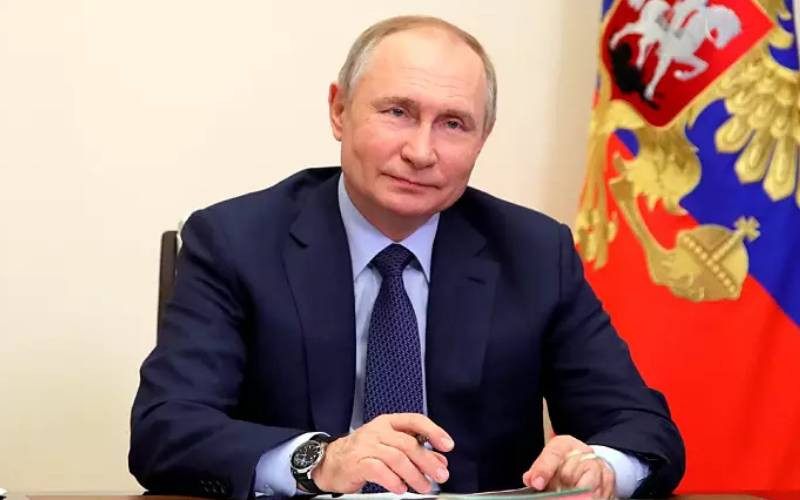×
The Standard e-Paper
Fearless, Trusted News

Russian President Vladimir Putin ordered a partial mobilization of reservists Wednesday, taking a risky and deeply unpopular step that follows humiliating setbacks for his troops nearly seven months after invading Ukraine.
The first call-up in Russia since World War II is sure to further fuel tensions with the Western backers of Ukraine, who derided the move as an act of weakness and desperation. The move also sent Russians scrambling to buy plane tickets out of the country and reportedly sparked some demonstrations.